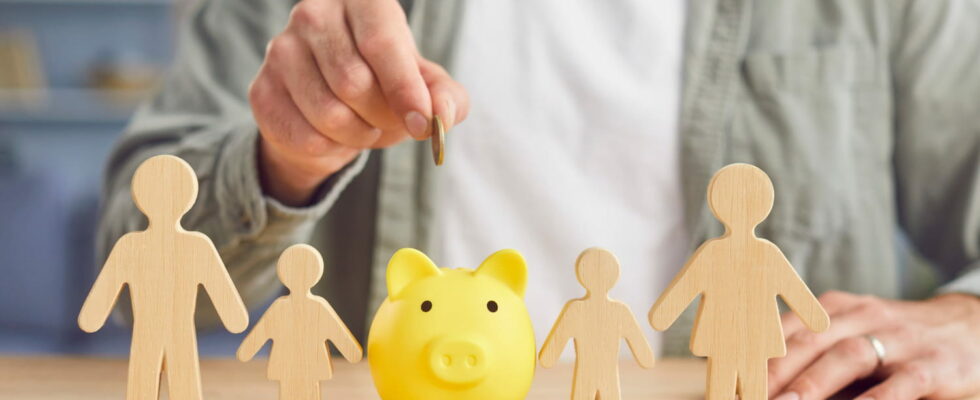According to the Institute for Economic and Social Research (IRES), two years ago, the minimum wage was much lower.
When we want to start a family or become a parent, we often hear this phrase: “raising a child is expensive”. And indeed, to provide for a child and a family these days, you have to be able to earn a good living. Because between the expenses linked to food, housing, clothing, education and leisure activities for children, a sufficient income guarantees a certain comfort of life. By having an adequate salary, parents can not only ensure a stable future for their children, but also take full advantage of the time spent together, without worrying about making ends meet. But then, how much do you have to earn to live decently in France as a parent?
The Institute of Economic and Social Research (IRES) looked into the subject in 2022. At the time, based on data from the National Observatory of Poverty and Social Exclusion (Onpes), the IRES estimated that a family made up of two children should have 3,744 euros per month to access a decent standard of living, we can read in the report.
Since then, with inflation continuing to rise, more and more families are struggling to get by. Result: the financial needs of households have evolved, as have the average income necessary to live decently. Today, in 2024, a couple with two children must win “4,150 euros to have a decent minimum of living”, or 406 euros more than two years ago, declared Pierre Concialdi, researcher at IRES, to our colleagues at Figaro Jobs. If we bring it back to the salaries of two parents, this amounts to receiving a salary of approximately 2075 euros per month per parent.
However, this is far from being the case for many families. Especially when we know that the gross amount of the minimum wage is 1,766.92 euros, or 1,398.70 euros net. “In a context of persistent weakness of low wages, this situation exacerbates the daily living difficulties of the poorest households.” It is estimated that“around a third of households are at risk of insecurity or poverty”, indicates the IRES. And this risk is always higher for single-parent families and working people living alone.
